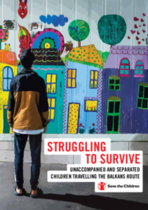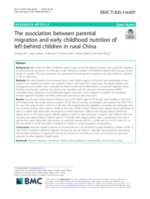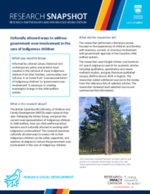Struggling to Survive: Unaccompanied and separated children travelling the Western Balkans Route
The study ”Struggling to Survive” identifies and deepens the understanding of informal practices used, and experiences of, unaccompanied and separated migrant children during the course of their migration journey.



